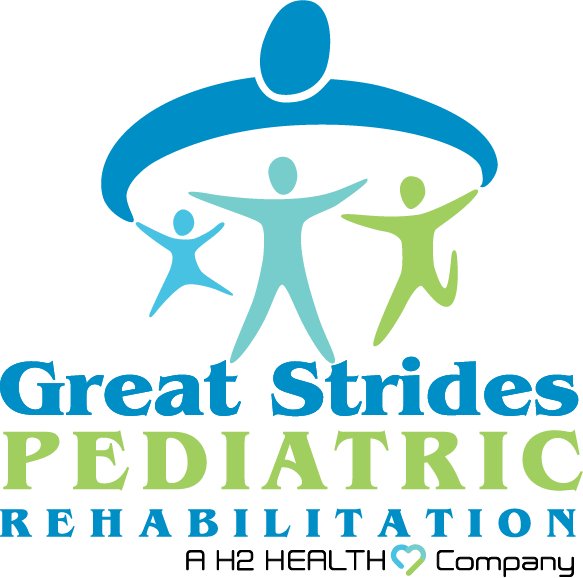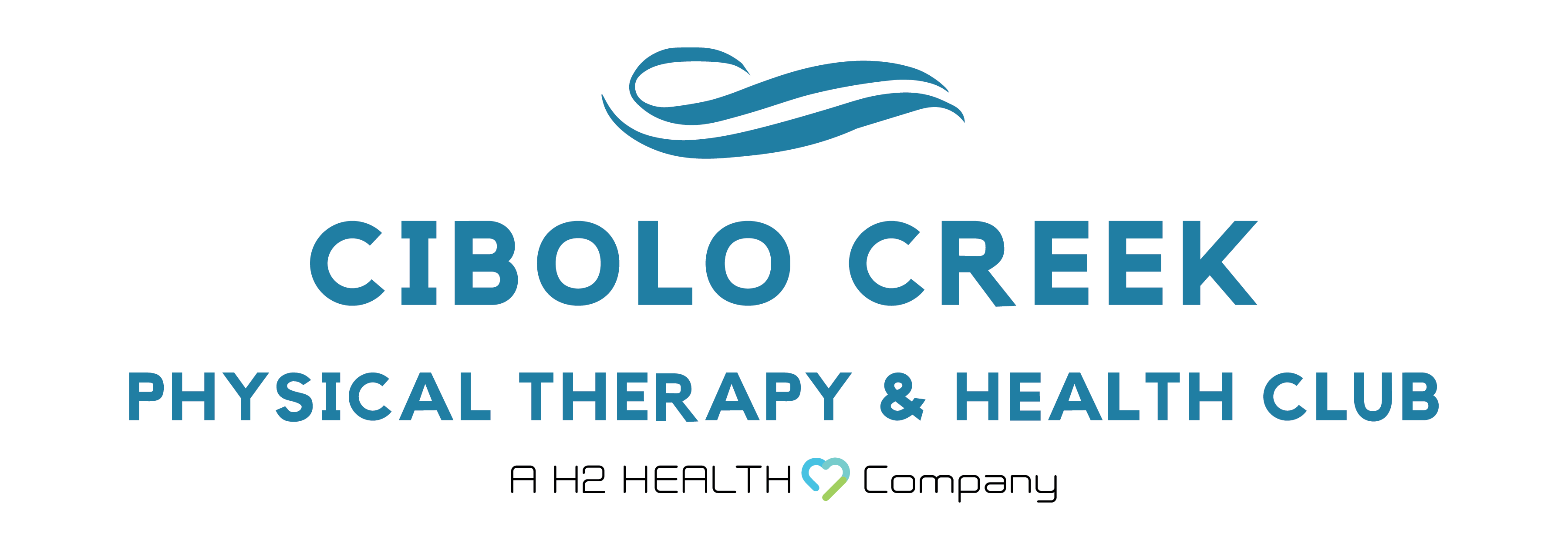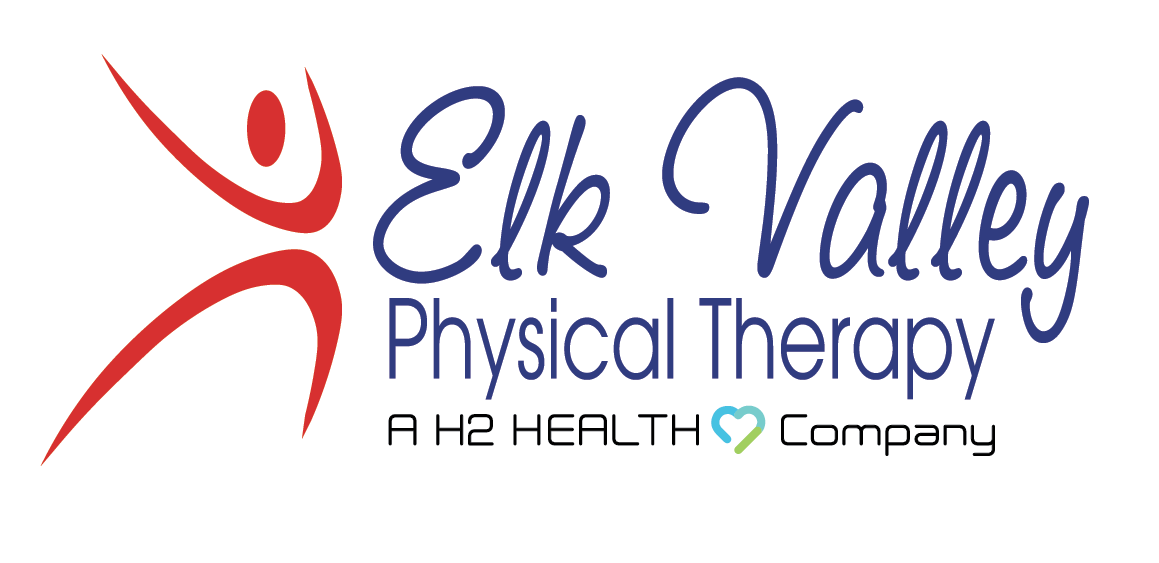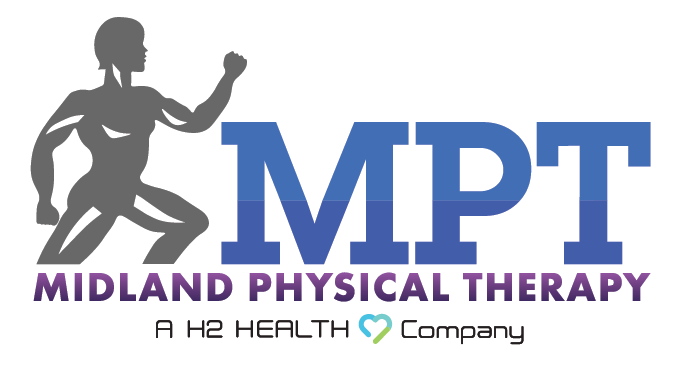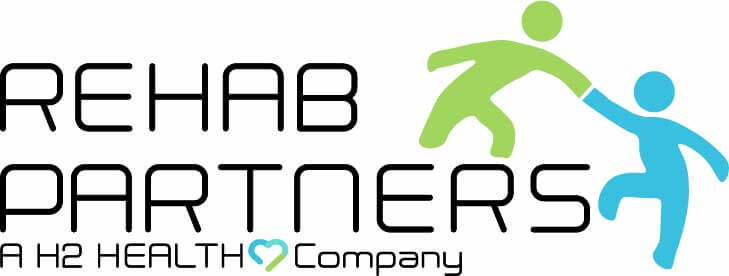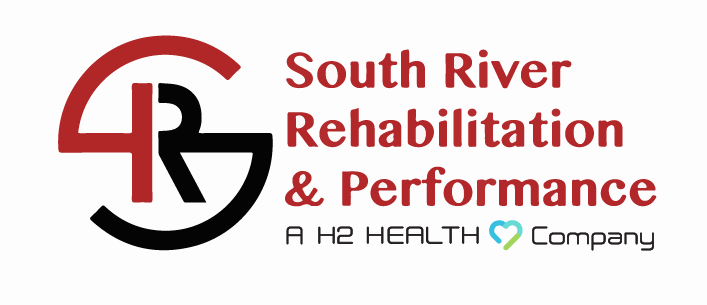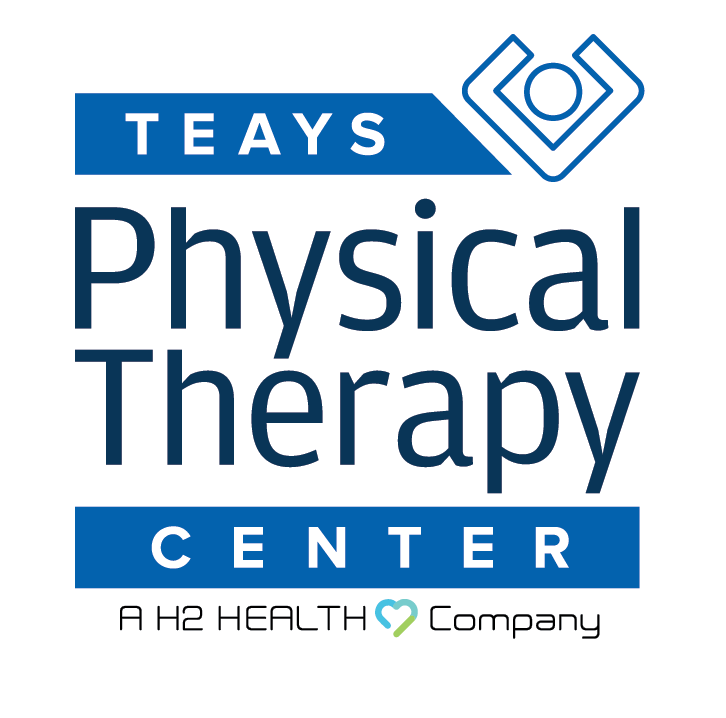
Patients with dementia often face communication challenges due to cognitive decline. Engaging in meaningful conversations with them can be challenging but is essential for their well-being. This report provides a comprehensive list of conversation starters tailored to patients with dementia. These conversation starters aim to foster communication, improve social interaction, and enhance the quality of life for individuals living with dementia.
Dementia is a progressive neurodegenerative disorder characterized by cognitive decline, memory loss, and changes in behavior. As the condition advances, communication difficulties become increasingly prominent, leading to frustration and isolation for both patients and caregivers. However, maintaining communication with dementia patients is crucial for their overall well-being.
Effective communication is crucial for individuals with dementia as it helps:
– Maintain cognitive function.
– Reduce feelings of isolation and depression.
– Enhance emotional well-being.
– Strengthen relationships with caregivers and family members.
This resource guide aims to highlight the significance of effective communication in dementia care and provide a range of conversation starters specifically designed to engage and connect with individuals living with dementia. These conversation starters aim to stimulate memories, trigger emotions, and facilitate meaningful interactions.
Conversation Starters
1. Reminiscence-Based Questions:
– “Can you tell me about your favorite childhood memory?”
– “What was your first job, and what did you enjoy about it?”
– “Do you have any special stories or memories from your wedding day?”
– “What were your favorite hobbies or pastimes when you were younger?”
2. Sensory-Based Questions:
– “Can you describe the scent of your favorite flower?”
– “What does your favorite food taste like?”
– “Do you remember the feeling of sand between your toes at the beach?”
– “How does the warmth of the sun make you feel?”
3. Visual-Based Questions:
– “Can you share a story about a memorable family photo?”
– “What are your favorite colors, and why do you like them?”
– “Do you recognize the picture on this postcard?”
– “Can you describe the view from your childhood home?”
4. Music and Song-Based Questions:
– “What songs do you enjoy listening to?”
– “Do you remember any songs from your school days?”
– “Can you sing along with me to this familiar tune?”
– “How does this music make you feel?”
5. Personal Interests and Hobbies:
– “Tell me about your favorite books or authors.”
– “What do you like to do for fun?”
– “Do you have any favorite movies or TV shows?”
– “What would you like to do today?”
6. Compliments and Positive Affirmations:
– “You have a lovely smile. What makes you smile the most?”
– “You look great today. Do you remember any special occasions when you dressed up?”
– “You’re a wonderful person to talk to. What are some of your favorite conversations?”
Tips for Effective Communication:
– Be patient, and allow time for responses.
– Use non-verbal cues like facial expressions and gestures.
– Maintain eye contact to convey your attention.
– Speak slowly and clearly.
– Listen actively and show empathy.
– Avoid asking complex or open-ended questions.
In conclusion communication is a vital component of care for patients with dementia. Employing appropriate conversation starters can facilitate meaningful interactions, improve emotional well-being, and strengthen relationships. It is essential to adapt your approach based on the individual’s preferences and cognitive abilities. Regular, patient-centered communication can greatly enhance the quality of life for both the patient and their caregivers.
H2 Health helps people with dementia live life to the fullest through specialized physical, occupational, and speech therapy services in their home. To learn more, call (904) 618-3778 or email seniorservicesfl@h2health.com.

